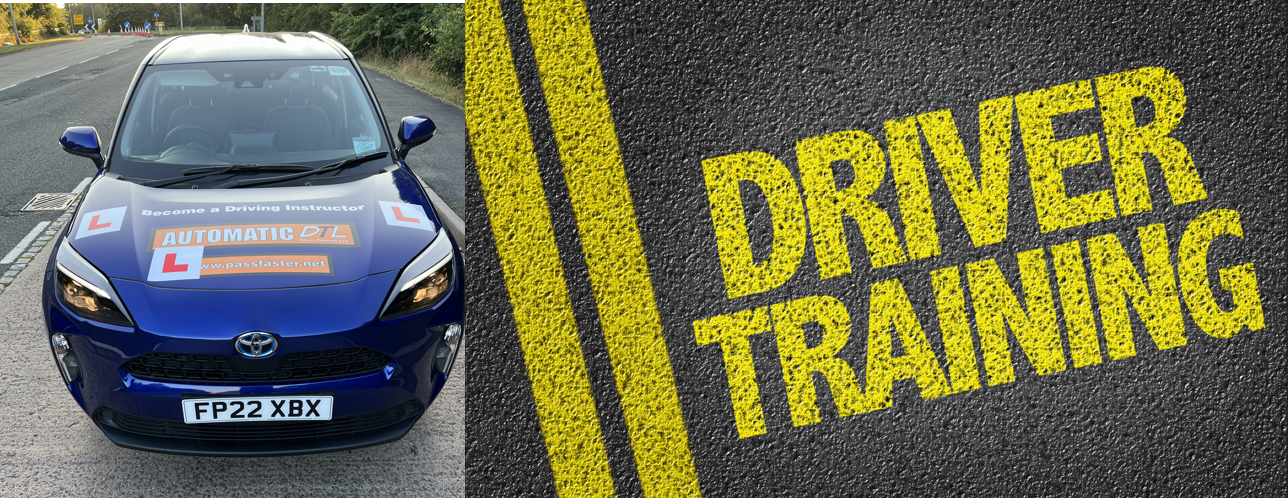What will happen if your car’s wheels are unbalanced?

What will happen if your car’s wheels are unbalanced?
If your car’s wheels are unbalanced, here’s what happens:
- Vibration through the steering wheel – especially noticeable at higher speeds (often around 40–50mph or above).
- Uneven tyre wear – one part of the tyre will wear down quicker than the rest.
- Strain on suspension and steering components – because the car isn’t running smoothly, parts like shock absorbers, bearings, and bushes get worn more quickly.
- Reduced comfort and control – the car may feel shaky, making longer drives tiring and less safe.
👉 On the theory test, the key answer is usually:
“The steering will vibrate.”
That’s the DVSA’s way of testing if you know the main giveaway sign.
When I explain this to pupils, I often add:
“If your steering wheel starts wobbling at speed, don’t ignore it — it’s a classic sign your wheels need balancing. It’s a simple fix at a tyre shop, but if you leave it, you’ll wear out tyres and suspension far too soon.”
- Effects of Unbalanced Wheels: Unbalanced wheels can cause vibrations in the steering wheel, uneven tyre wear, strain on suspension parts, and decreased driving comfort and control.
- Signs of Wheel Imbalance for Drivers and Learners: A common indication of wheel imbalance is steering wheel vibration at higher speeds, which is a key answer type in driving theory tests as a sign to get the wheels balanced.
- Impact on Vehicle Components: Continued driving with unbalanced wheels can lead to faster wear and tear on suspension and steering components like shock absorbers, bearings, and bushes.
- Importance of Timely Maintenance: Addressing wheel imbalance promptly at a tyre shop can prevent costly repairs and extend the lifespan of tyres and suspension parts.
- Advice for Drivers and Learners: If you notice your steering wheel wobbling at speed, it’s important to get the wheels balanced quickly to maintain safety and avoid premature component wear.
How important is timely wheel balancing?
Timely wheel balancing at a tyre shop is important to prevent premature wear of tyres and suspension parts, ensure safety, and avoid higher repair costs in the future.
What can happen if I ignore unbalanced wheels?
Ignoring unbalanced wheels can result in uneven tyre wear, faster deterioration of suspension and steering components, and increased risk of unsafe driving conditions.
Why is unbalanced wheel an issue for my vehicle?
Unbalanced wheels cause vibrations that can accelerate wear on tyres and suspension parts, reduce driving comfort, compromise vehicle control, and potentially lead to costly repairs over time.
How can I tell if my car’s wheels are unbalanced?
A common sign of unbalanced wheels is steering wheel vibration at higher speeds, which indicates that the wheels need balancing to ensure smooth driving.
What happens if my car’s wheels are unbalanced?
If your car’s wheels are unbalanced, you will experience vibration through the steering wheel, especially at higher speeds, uneven tyre wear, increased strain on suspension and steering components, and reduced comfort and control while driving.

